The Bolgo language is a member of the Bua languages spoken in south-central Chad,in the villages of Koya,Boli,Gagne,and Bedi southeast of Melfi,by about 1,800 people. Speakers also make up the majority of the population of Sorki canton in Chinguil sub-prefecture.
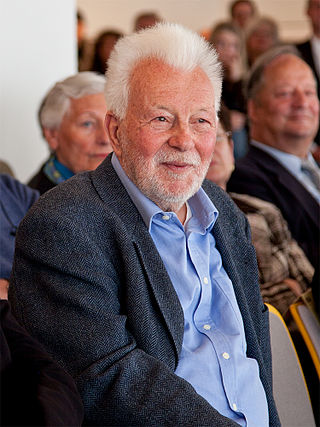
Robert Lebeck was an award-winning German photojournalist.

Michael Matheus is a German historian.
Wolfgang Zapf was a German sociologist.

Iwalewahaus,University of Bayreuth,is a place for the production and presentation of contemporary art. By doing exhibitions,academic research and teaching,by taking care of the collection and the archive as well as providing residencies for artists,recent developments in contemporary African and Diaspora culture are presented and refined together with artists and institutions. The mission of Iwalewahaus is to research,document and teach recent African culture. The focus is on visual arts,everyday culture,the media and music. The house provides space for lectures,conferences,concerts,film screenings and readings and is a vivid forum for artists,researchers,students of African studies and the interested public.
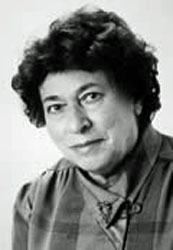
Ingeborg Weber-Kellermann was a German folklorist,anthropologist and ethnologist. She was an academic teacher,from 1946 at the German Academy of Sciences at Berlin in East Berlin and from 1961 at the University of Marburg.
Christa Jansohn is a German scholar of English literature and culture. From 2001-2023 she held the Chair of British Culture at the University of Bamberg in Germany.
Klaus Hortschansky was a German musicologist.
Norbert Cyffer is a German-Austrian linguist and Professor Emeritus of African Studies at the University of Vienna. Cyffer is primarily interested in African languages and linguistics,particularly the Saharan languages of the Sahelian region. His research areas include morphology,syntax,language contact,sociolinguistics,typology,and applied linguistics.
Wilhelm Emil Mühlmann was a German ethnologist who served as Professor of Ethnology at the University of Mainz and Chair of Ethnology at the University of Heidelberg.

Mainz Charterhouse is a former Carthusian monastery,or charterhouse,in Mainz,Rheinland-Pfalz,Germany,demolished in 1790–1792 but still marked by the street-name "Karthaus".
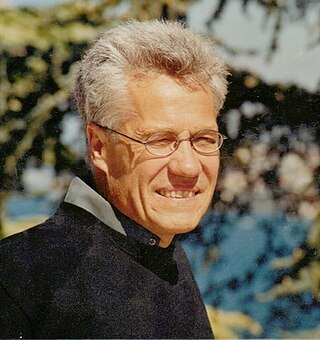
Georg Elwert was a German ethnologist and sociologist who was one of the leading exponents of German development sociology.
Thomas Bierschenk is a German ethnologist and sociologist. He is Professor of African Cultures and Societies at the Institute for Anthropology and African Studies at the University of Mainz.
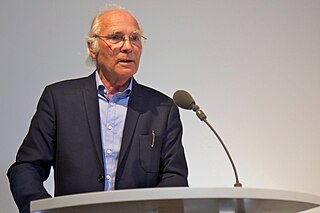
Helmut Bley is a German historian. He is professor emeritus for modern and African history at the historical seminar of the Leibniz University Hannover.

Hans-Joachim Preuss is a German agricultural economist.
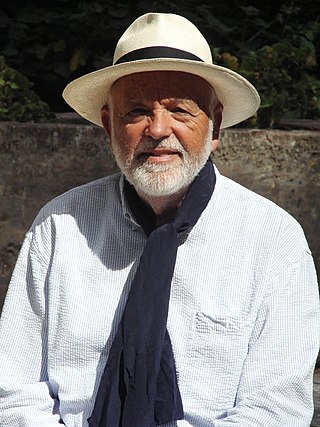
Gerd Spittler is a German ethnologist.

Erdmute Alber is a German ethnologist with research focus in political and kinship anthropology. Since 2010 she has held the chair in Social Anthropology at the University of Bayreuth.

Carola Lentz is a German social anthropologist and,since November 2020,president of the Goethe-Institut. She is senior research professor at the Department of Anthropology and African Studies at Johannes Gutenberg University,Mainz.

Georg Franz Klute is a German ethnologist.
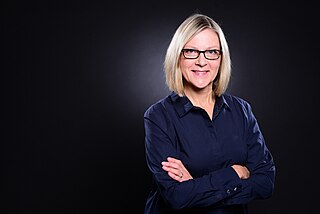
Katja Werthmann is a German ethnologist with a regional focus on West Africa. She is a professor for 'Society,politics and economy of Africa' at the Institute for African Studies at the University of Leipzig. K. Werthmann conducts research in Anglophone and Francophone Africa on the handling of material and symbolic resources in the context of spatial and social mobility in contemporary Africa. She has made contributions to political,economic,religious and urban ethnology. After the Doctorate at the Freie Universität Berlin and the Habilitation at the Johannes Gutenberg University Mainz she taught at universities in Germany,Switzerland (Zürich) and Sweden (Uppsala). Since 2012 she has been a university professor at the University of Leipzig.













